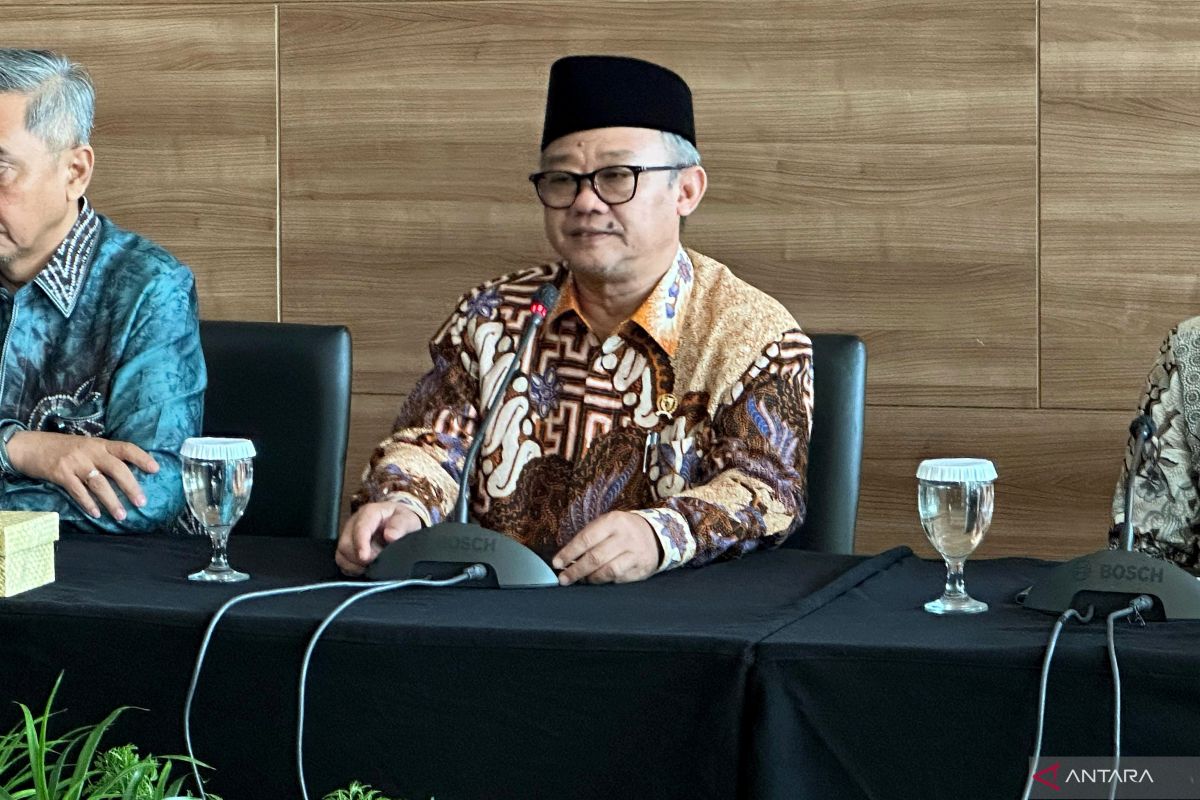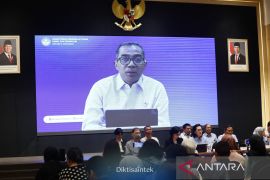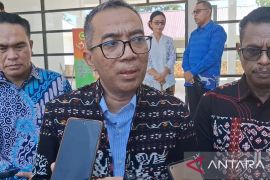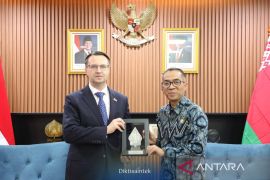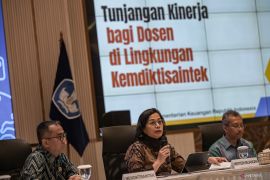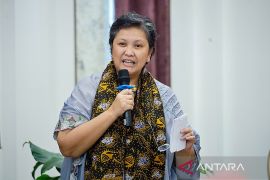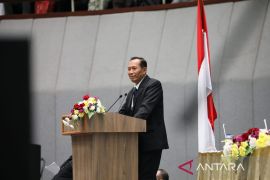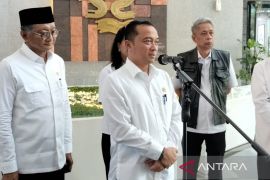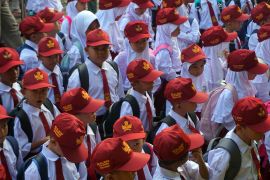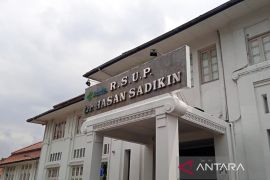He informed that the deep learning approach that will be implemented in the 2025–2026 academic year will emphasize the process of finding meaning in learning materials, and making this a part of student temperament.
The minister delivered the remarks at a press conference about the 2024 Education Integrity Index and the signing of the Joint Commitment for the Implementation of Anti-Corruption Education in Jakarta on Thursday.
"The Ministry of Primary and Secondary Education is seeking to make improvements so that learning does not only become a process of transferring knowledge that emphasizes the aspect of knowing," he said.
In addition to the deep learning approach, the ministry will strengthen the involvement of the four centers of education, namely school, family, community, and mass media, in creating an environment that supports students' character-building.
To this end, the results of the 2024 Education Integrity Assessment Survey (SPI) released by the Corruption Eradication Commission (KPK) will be used as inputs by the ministry to continue to improve anti-corruption education in elementary and secondary educational units.
He expressed the hope that adopting the deep learning approach and bolstering the role of the four education centers would improve the Education SPI score this year from 69.50 in 2024.
The Education SPI seeks to identify the level of integrity in three aspects, namely the integrity character of students, the education ecosystem related to anti-corruption education, and the risk of corruption in education governance.
Related news: Need to provide anti-corruption education from early age: minister
Related news: KPK's arrest operations must be in concert with prevention, education
Translator: Hana D, Rio F, Raka Adji
Editor: Rahmad Nasution
Copyright © ANTARA 2025
